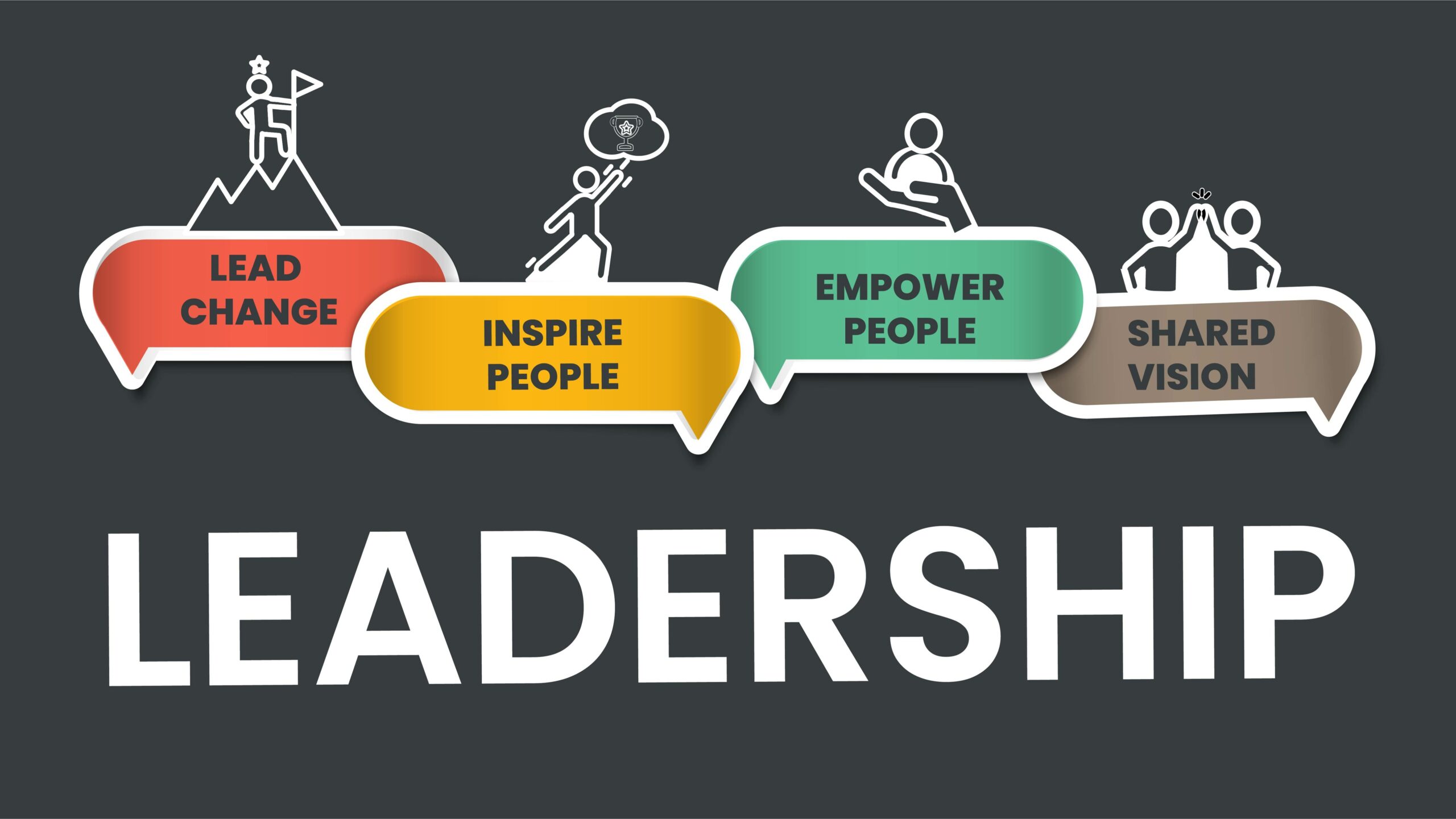The Future of Work: Adapting Leadership Styles for Remote and Hybrid Teams
The work landscape has dramatically shifted in recent years, with remote and hybrid work models becoming the new norm. For leaders, this transformation presents both challenges and opportunities. Adapting leadership styles to manage and lead remote and hybrid teams effectively is crucial for maintaining company culture, ensuring employee engagement, and driving organisational success.
The New Leadership Paradigm
The work landscape has undergone a significant shift, necessitating a change in leadership styles. The traditional top-down approach is being replaced by more flexible and empathetic styles. In a remote or hybrid work environment, leaders must prioritize trust, communication, and inclusivity.
Empathy and Emotional Intelligence
- Why it Matters: Remote work can lead to feelings of isolation and disconnection. Demonstrating empathy helps build trust and rapport with employees.
- Actionable Steps: Regularly check in with team members about work and their well-being. Create an open-door policy for virtual communication.
Trust and Autonomy
- Why it Matters: Micromanagement is counterproductive in a remote setting. Trusting employees to manage their own schedules and workloads can boost morale and productivity.
- Actionable Steps: Set clear expectations and outcomes, then allow employees the autonomy to meet those goals in their own way. Implement flexible work hours to accommodate different time zones and personal responsibilities.
Effective Communication
- Why it Matters: Clear, consistent communication is vital to avoid misunderstandings and ensure everyone is aligned.
- Actionable Steps: Utilise various communication tools (e.g., Slack, Microsoft Teams) to maintain regular updates. Hold weekly virtual meetings to discuss progress and address any concerns. Encourage an open dialogue where employees feel comfortable sharing their ideas and challenges.
Maintaining Company Culture
Maintaining a strong company culture in a remote or hybrid environment is not just a challenge, but a responsibility. Leaders must actively work to foster a sense of belonging and community, as this is a key factor in employee engagement and organizational success.
Regular Virtual Social Interactions
- Why it Matters: Social interactions help build relationships and a sense of team spirit.
- Actionable Steps: Organise virtual coffee breaks, team-building activities, and social events. Encourage non-work-related chat channels where employees can share personal interests and experiences.
Recognition and Appreciation
- Why it Matters: Recognising and appreciating employees’ efforts boosts morale and reinforces positive behaviour.
- Actionable Steps: Implement a virtual recognition program to celebrate achievements. Regularly acknowledge individual and team accomplishments in meetings and company newsletters.
Clear and Consistent Values
- Why it Matters: A robust and well-communicated set of values helps guide behaviour and decision-making, even in a dispersed workforce.
- Actionable Steps: Ensure that company values are prominently displayed in virtual workspaces and regularly reinforced in leadership communications. Incorporate these values into performance reviews and goal-setting processes.
Enhancing Employee Engagement
Employee engagement is not just a buzzword, but a critical factor for productivity and retention, especially in a remote or hybrid setting where disengagement can quickly occur. Leaders who prioritise employee engagement can expect to see a more motivated and committed workforce, leading to improved business outcomes.
Professional Development Opportunities
- Why it Matters: Providing opportunities for growth keeps employees motivated and invested in their roles.
- Actionable Steps: Offer online training programs, virtual workshops, and access to industry conferences. Encourage employees to pursue certifications and provide support for further education.
Feedback Loops
- Why it Matters: Regular feedback helps employees feel valued and provides direction for improvement.
- Actionable Steps: Implement regular one-on-one meetings and anonymous feedback surveys. Act on the feedback received and communicate any changes or improvements made as a result.
Work-Life Balance
- Why it Matters: A healthy work-life balance is essential for long-term employee satisfaction and productivity.
- Actionable Steps: Encourage employees to set boundaries and respect their off-hours. Promote the use of paid time off and provide resources for mental health support.
The future of work is here, and it demands a shift in leadership styles. For leaders, this means embracing empathy, trust, and effective communication. By focusing on maintaining company culture and enhancing employee engagement, leaders can successfully navigate the challenges of remote and hybrid work environments. These strategies not only help sustain business continuity but also foster a resilient and motivated workforce ready to tackle the challenges of tomorrow.
If you enjoyed this, you might like to subscribe to our newsletter, visit our YouTube Channel or Podcast or read our latest work.
